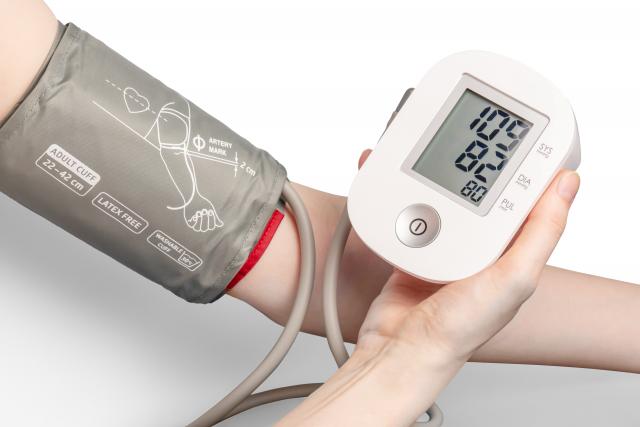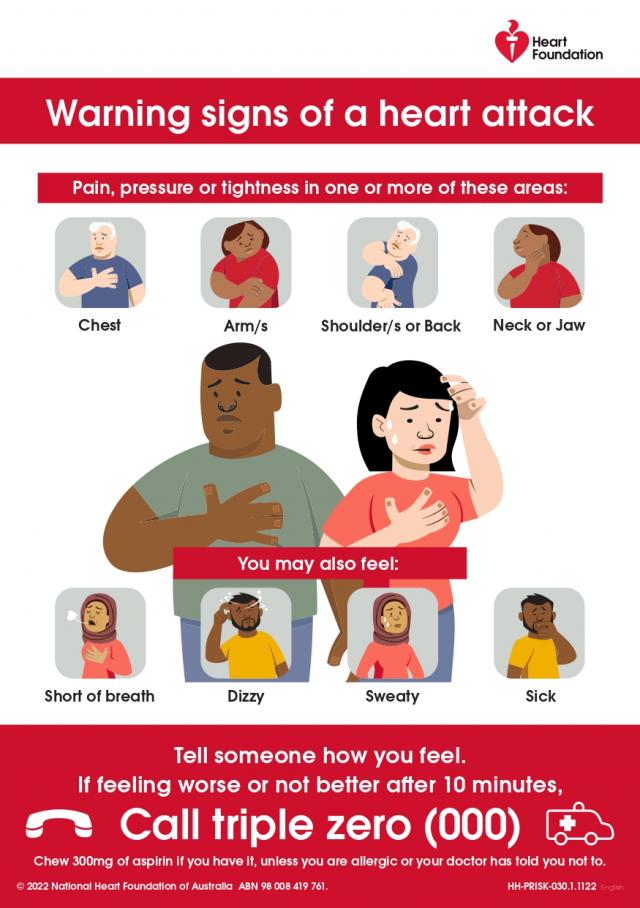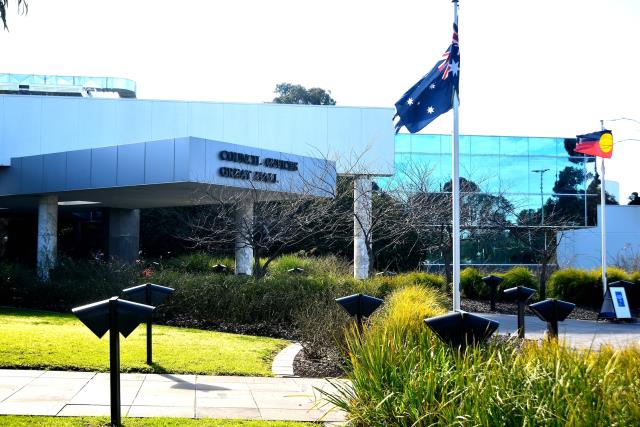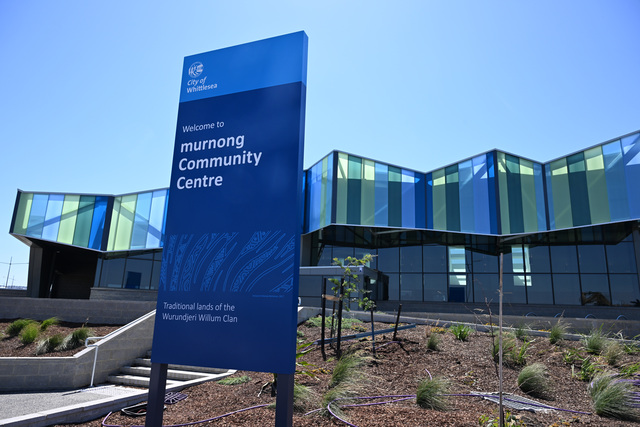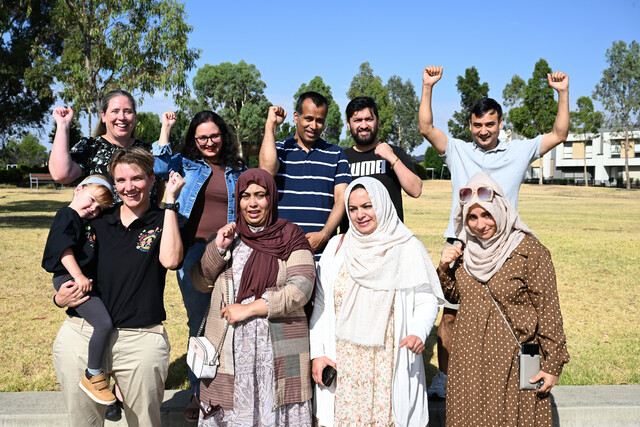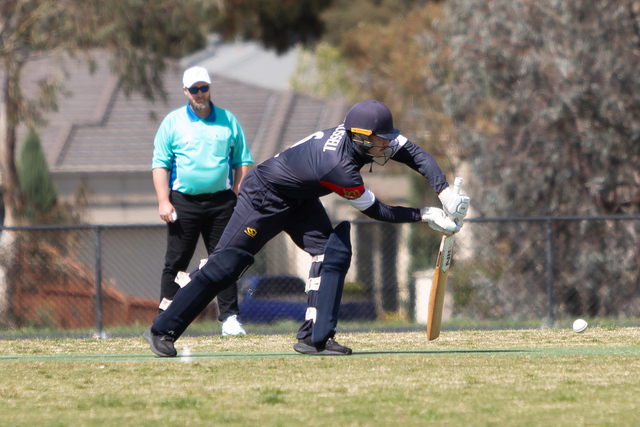Residents in Hume and Whittlesea have some of the poorest heart health outcomes across the state, according to The Heart Foundation.
The Heart Foundation is rolling out a community campaign to educate locals about the importance of recognising the signs and symptoms of a heart attack.
Hume Heart Matters co-ordinator and paramedic Roslyn Cochrane said research by The Heart Foundation shows one in five people across Australia don’t know how to recognise a single sign of a heart attack.
“We are focusing on [the areas of Hume and Whittlesea] because these areas have been identified as having high risk factors for heart attacks, low heart health knowledge, and low ambulance utilisation rates,” she said.
Ms Cochrane said as a paramedic, she has seen first hand the importance of educating community members on their heart health to improve their outcomes should they experience a heart attack.
“As a paramedic I’ve seen people who have delayed calling ambulance or not known they should have called an ambulance because they didn’t know the signs or know it was an emergency and that’s really heart-breaking,” she said.
“We’re really passionate about getting these [messages] out because we want to help community members and we want to save lives.”
Ms Cochrane said the targeted program runs until March and community groups are invited to apply for a free heart health session run by the Heart Foundation.
“[We also provide] education on when you should call an ambulance, we give [out] a heart attack action plan, and we talk to [community] about preventative measures including diet and exercise,“ she said.
“We promote heart health checks with GPs too as this is a good way of figuring out where you are at with your heart.”
In the meantime, Ms Cochrane said if you or someone in your community thinks they are having a heart related medical problem, you should call triple-0 immediately.
According to the Heart Foundation, the most common sign of a heart attack is chest discomfort or pain (also known as angina). Other signs to watch for include: dizziness, light-headedness or feeling faint; nausea, indigestion, or vomiting; shortness of breath; sweating or a cold sweat.
Community groups can visit the Heart Matters website to book a session.

